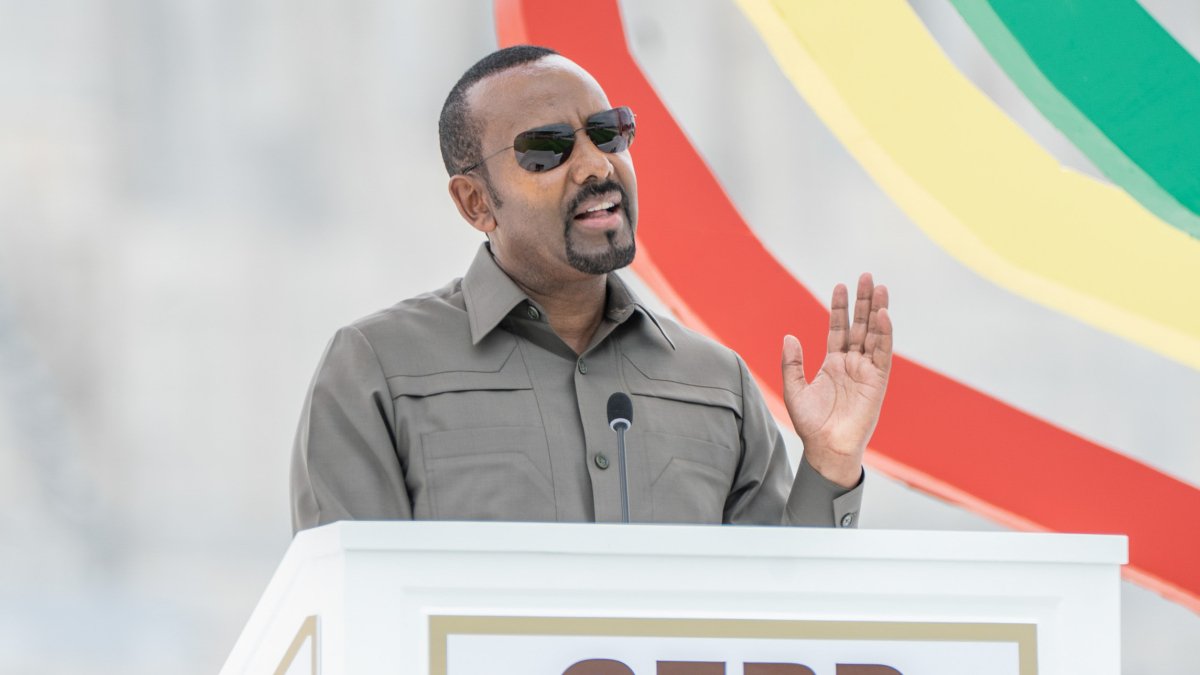![Ethiopian Prime Minister Abiy Ahmed told lawmakers in Addis Ababa that the country’s foreign debt has fallen from $23 billion to $4.5 billion following homegrown economic reforms. [Amanuel Sileshi/Bloomberg via Getty Images]](https://ocdn.eu/pulscms/MDA_/e58dcf4ee0af2ccd9fb12c58acf51acd.jpg)
Ethiopia’s Prime Minister Abiy Ahmed says the country’s foreign debt has fallen dramatically from $23 billion to $4.5 billion in just six years, marking what he described as a turning point toward economic self-sufficiency.
- Ethiopia’s foreign debt dropped from $23 billion to $4.5 billion after a successful rescheduling programme.
- Prime Minister Abiy Ahmed says the economy is now “growing without foreign loans.”
- The government spent 440 billion birr ($7.6 billion) to stabilise inflation, now down to 11.7%, its lowest in years.
- Analysts warn that despite reforms, food and rent prices remain high, affecting household purchasing power.
“The economy is growing without foreign loans. We have built a system that stands on Ethiopia’s own capacity,” Ahmed told lawmakers on Tuesday while addressing the House of People’s Representatives.
Speaking in defence of his government’s Homegrown Economic Reform Programme, launched in 2019, the prime minister said the reforms had repaired macroeconomic imbalances and strengthened domestic revenue generation.
According to him, Ethiopia’s annual revenue, which once stood at 170 billion birr (about $2.95 billion), is now projected to reach 1 trillion birr (about $17.3 billion).
Ahmed revealed that the government had spent 440 billion birr ($7.6 billion) in subsidies to “stabilise inflation,” which has now dropped to 11.7%, the lowest since the reform agenda began.
Most of the spending, he said, went to fuel, fertiliser, and public sector salaries, as well as social measures such as school feeding programs.
“We have used every possible instrument to ease the cost of living. Our economy is standing tall again,” he said.
However, analysts caution that the recovery has yet to reach ordinary Ethiopians. While inflation may be slowing, food and rent prices remain stubbornly high, and wage gains have been eroded by the rising cost of urban living, a challenge shared by many African economies pursuing fiscal reform amid global shocks.












